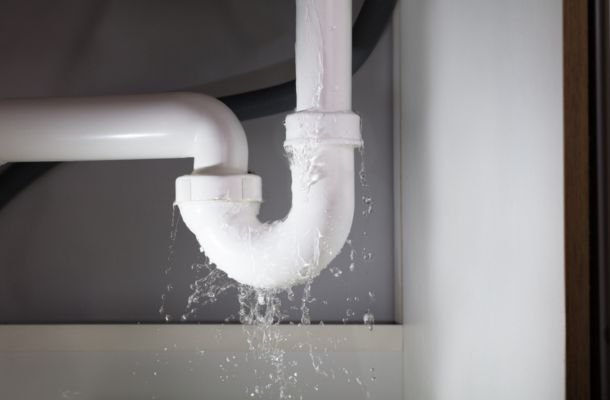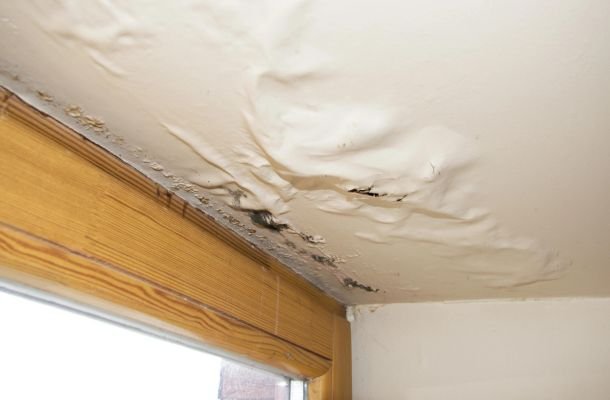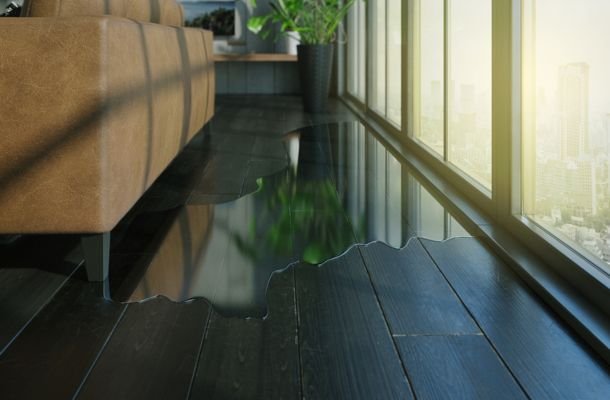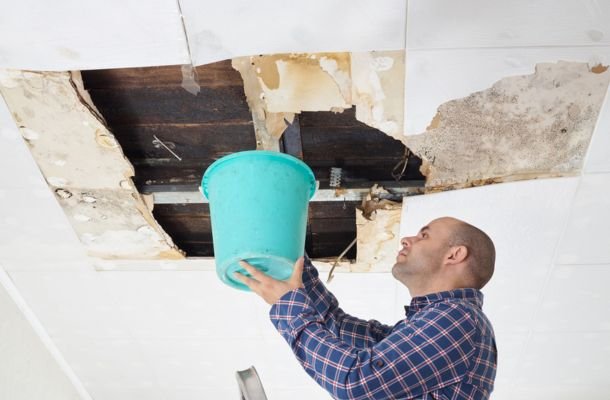Water damage can be a costly and disruptive problem for homeowners and businesses alike. Identifying the common causes and knowing how to prevent them can save you time, money, and stress. Here’s a breakdown of 10 common causes of water damage and tips on how to prevent them:

1. Leaking or Burst Pipes
- Cause: Pipes can leak or burst due to various reasons such as freezing temperatures, high water pressure, or corrosion.
- Prevention: Regularly inspect pipes for any signs of wear or leaks. Insulate pipes during winter to prevent freezing, and ensure water pressure is at a safe level.
2. Faulty Appliances
- Cause: Appliances like washing machines, dishwashers, and water heaters can malfunction, leading to leaks.
- Prevention: Regularly maintain and inspect appliances for wear and tear. Replace old hoses and connectors, and follow manufacturer recommendations for maintenance.
3. Roof Leaks
- Cause: Roofs can develop leaks due to missing shingles, damaged flashing, or improper installation.
- Prevention: Inspect your roof regularly, especially after storms. Replace missing shingles, repair damaged flashing, and ensure gutters are clear to avoid water pooling on the roof.
4. Clogged Gutters
- Cause: When gutters are clogged with leaves, dirt, and debris, water can overflow and seep into the foundation or walls.
- Prevention: Clean gutters regularly, especially in the fall. Consider installing gutter guards to reduce debris buildup.
5. Poor Drainage Systems
- Cause: Improperly installed or maintained drainage systems can cause water to pool around the foundation, leading to seepage and damage.
- Prevention: Ensure that your property has a proper drainage system in place. Check that the grading slopes away from the foundation, and install downspouts to direct water away from the house.
6. Natural Disasters
- Cause: Flooding from heavy rain, hurricanes, or other natural disasters can cause extensive water damage.
- Prevention: While you can’t prevent natural disasters, you can prepare by elevating critical appliances, installing sump pumps, and considering flood insurance if you live in a flood-prone area.
7. HVAC Issues
- Cause: Heating, ventilation, and air conditioning units can develop leaks or condensation issues.
- Prevention: Regularly maintain HVAC systems, clean or replace filters, and inspect for leaks. Ensure that the drip pans are clean and the drain lines are clear.
8. Foundation Cracks
- Cause: Cracks in the foundation can allow water to seep into the basement or crawl space.
- Prevention: Inspect the foundation regularly for cracks. Seal any visible cracks with a waterproof sealant and consider installing a sump pump if your basement is prone to flooding.

9. Sewer Backup
- Cause: Clogs or blockages in the sewer line can cause water to back up into your home.
- Prevention: Avoid flushing non-degradable items down the toilet. Regularly inspect sewer lines and consider installing a backwater valve to prevent backups.
10. Malfunctioning Sump Pump
- Cause: Sump pumps are designed to remove water from basements, but if they fail, water can quickly accumulate.
- Prevention: Test your sump pump regularly, especially before the rainy season. Consider installing a battery backup in case of a power outage.
Conclusion
Preventing water damage involves regular maintenance, prompt repairs, and being proactive about potential risks. By staying vigilant and addressing issues early, you can protect your property from the devastating effects of water damage.


